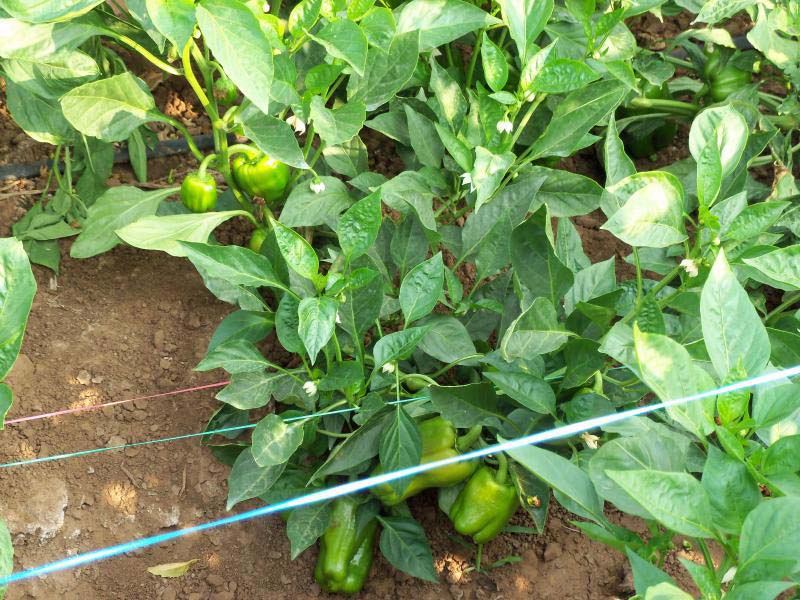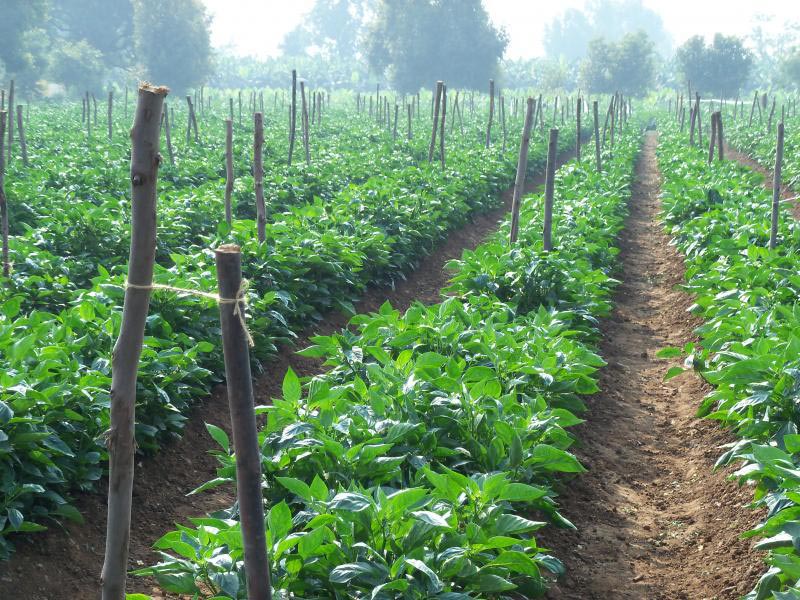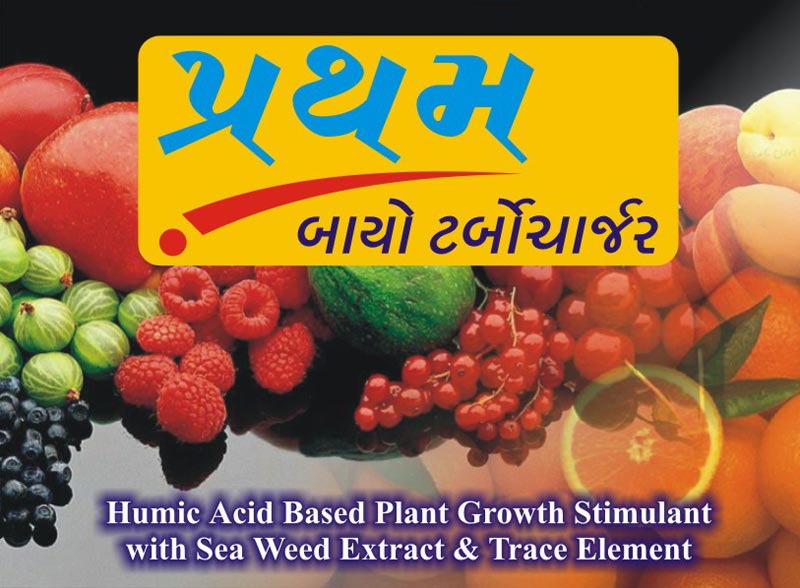Company Information
Ask for more detail from the seller
Contact SupplierWe are one of the best Humic Acid Manufacturers, based in India. Our brand is Vhume+3 and we also have PRATHAM brand which have 90% potassium humate and four seaweeds extract (ascophyllum, nodosum, sargassum, laminaria) technical materials. In addition, we have positioned ourselves in the midst of well-known soil humic acid exporters in the industry. Our humic fulvic acid is available at pocket friendly prices. Below given are the technical materials, which we have in humic.







